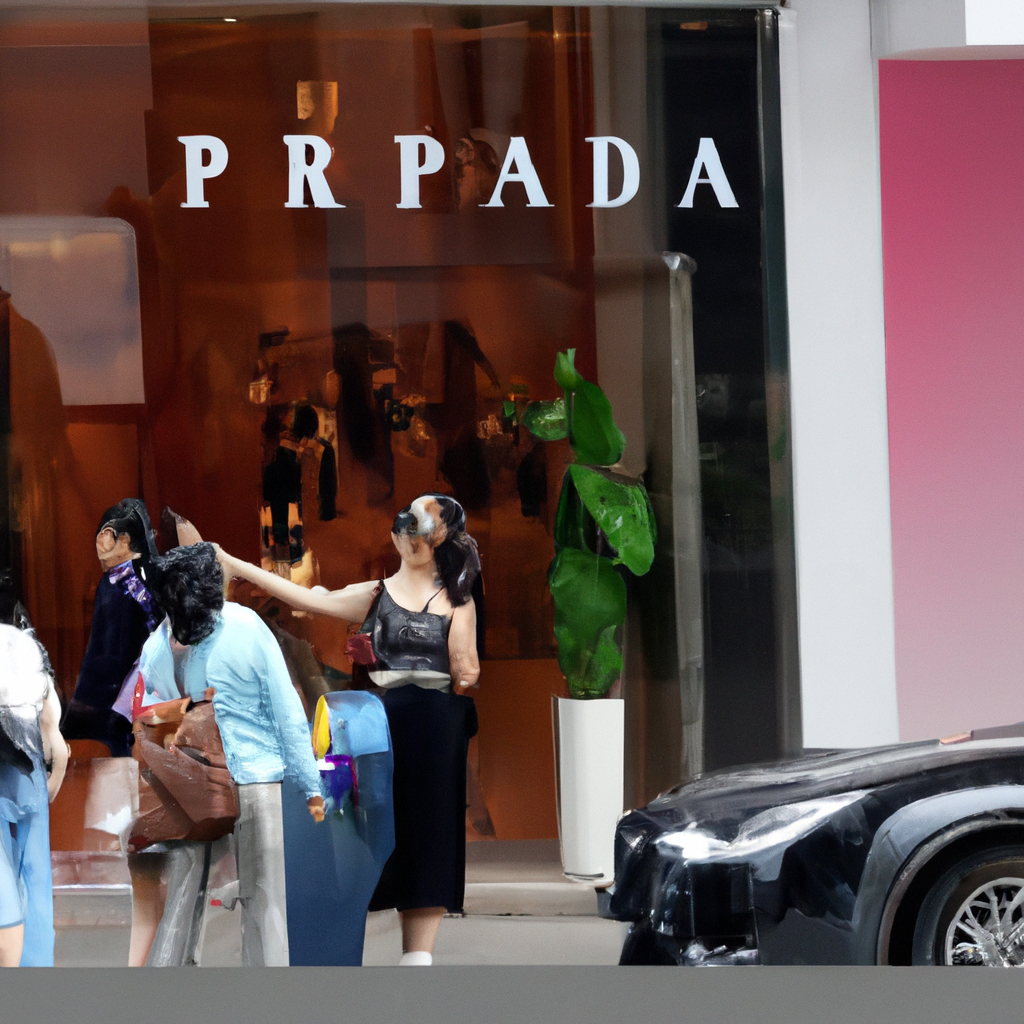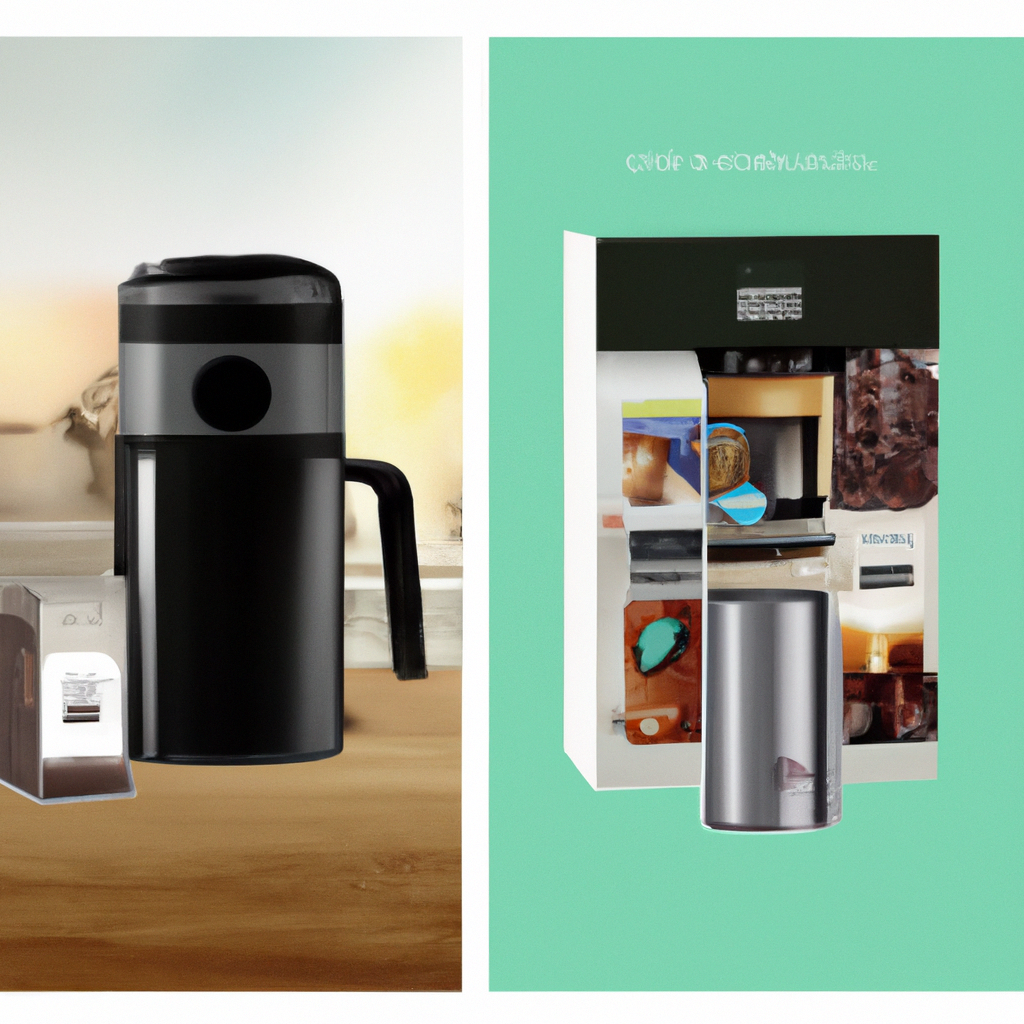Read in your native language
english german italian french spanish mandarin arabic portuguese russian japanese hindi bengali punjabi urdu korean vietnamese thai malay indonesian persian turkish polish ukrainian greek romanian hungarian dutch swedish norwegian finnish danish hebrew czech slovak bulgarian serbian croatian slovenian
Luxury Brands Face Slumping Sales in China: A Multi-Perspective Analysis
The recent announcement from major luxury brands including Hugo Boss, Burberry, Richemont, and Swatch highlights significant challenges in the Chinese market, where slumping sales have led to these companies adjusting their strategies. Sales data has shown Burberry's sales in mainland China fell by 21% year over year, alongside similar declines reported by other brands. Factors contributing to this downturn include deteriorating consumer confidence and the pervasive notion of luxury shame during economic downturns, reminiscent of the 2008-09 financial crisis in the Americas.
Involved Perspectives
1. Luxury Brands
- Benefits: Premium positioning allows for greater margins on high-end products.
- Risks: Dependence on the Chinese market presents vulnerabilities during economic fluctuations.
- Losses: Declining sales may lead to reduced profitability, layoffs, and potential brand dilution due to discounting strategies.
2. Chinese Middle-Class Consumers
- Benefits: Increased disposable income means more consumers can afford luxury goods.
- Risks: Economic uncertainty and workplace instability might influence spending habits.
- Losses: Increased feelings of luxury shame may hinder purchases, despite having the means to buy.
3. Global Tourists
- Benefits: Stronger tourism in regions like Japan could lead to more vibrant local economies.
- Risks: Reliance on affluent tourists from China for market growth could be a double-edged sword.
- Losses: Other global markets could lose out if Chinese consumers continue to prefer shopping overseas.
Visual Representation
Relevancy Meter
This situation is deemed relevant as it impacts luxury brands today; however, the consumer responses are reminiscent of historical patterns from a decade ago, indicating a relevant discussion. The analysis presents a relevancy score of 85% as the cyclical nature of consumer behavior is observed in both generations.
Infographic: Luxury Spending Trends
- 2017-2021: China's luxury market tripled.
- 2022: COVID-19 restrictions led to a sharp decline.
- 2023: Economic recovery began but spending shifted overseas.
- May 2024: Over half a million tourists from China visited Japan.
In conclusion, the current challenges facing brands like Hugo Boss, Burberry, Richemont, and Swatch in China illustrate a profound shift in consumer behavior and economic reality, underscoring the crucial need to adapt and innovate in this turbulent landscape.
Keywords: Hugo Boss, Burberry, Richemont, Swatch, luxury shame, China, luxury spending, consumer confidence, economic downturn.
Author: Andrej Dimov
Published on: 2024-07-29 01:52:52



